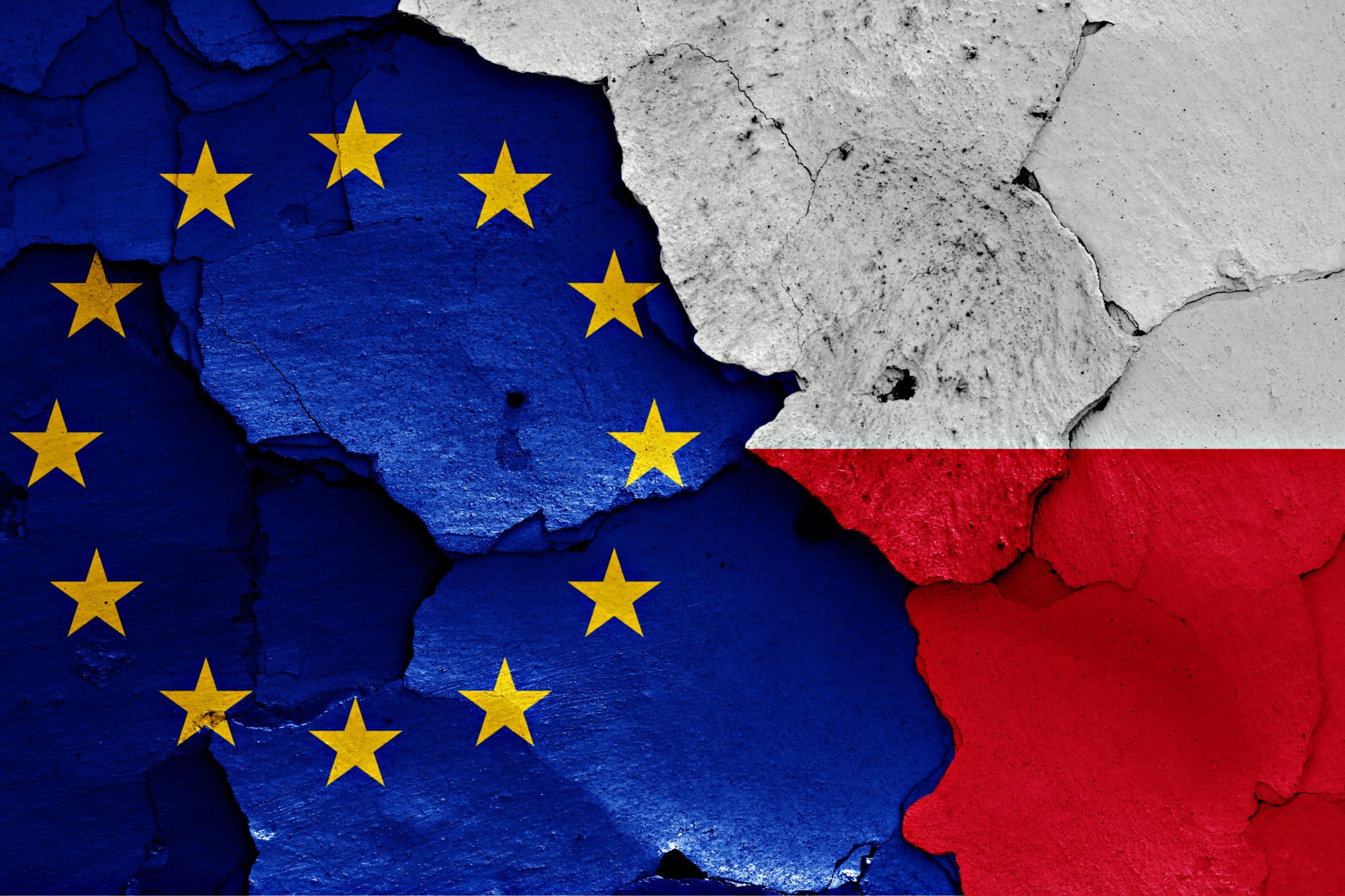Poland’s political elites used to believe that it was in the country’s interest to be more greatly integrated with the European community to limit the power of the major European players. However, since 2011, when the European Parliament attacked the new constitution introduced in Hungary and demanded that it be changed, this belief has waned.
The dispute with Budapest was over Hungary’s insistence on enshrining conservative Christian values in the country’s main legal document, while the European Parliament wanted Hungary to move toward secularism and progressivism. In order to enforce a political union, European institutions began to attempt to enforce ideological unity.
The pressure on Poland began in the autumn of 2015 when the new conservative government refused to participate in the scheme for the compulsory relocation of refugees. There was also disagreement over climate policy, as Poland had doubts about its goals.
[pp id=49908]
Since then, a number of crises have gripped the EU and exposed the illusory nature of European integration.
The first of these was the pandemic in 2020. It quickly became apparent that only the traditional nation-state had the organization and public services to be able to handle such an extraordinary situation.
The second crisis that followed was the Russian assault on Ukraine, which showed how European economies had become dependent on those of enemy states. This became apparent when Russia cut off gas and oil supplies, sparking major disturbance in European markets. The ensuing energy crisis was caused by mistakes made by key EU member states, leaving the EU passive and marginalized.
In the case of both the pandemic and the war, EU institutions had little or no say in terms of finding solutions.
[pp id=52379]
However, that does not mean integration has stalled.
Let’s take the way the European Commission has led the way on the European recovery fund and the fact that member states agreed to underwrite common debt. This is a revolutionary step on the way to the EU becoming a superstate. As a result of this common debt, the European Commission has obtained an instrument to force member states’ hands on a slew of policy areas. In reality, it can dictate laws, make executive decisions, influence court verdicts, and even make the final decision on the makeup of governments.
The milestones set by the European Commission in the dispute between the EU and Poland on rule-of-law compliance is a classic example of this. In order to get its share of the EU recovery fund, Poland is being forced to change its policies in areas that up until now were not areas of competence for the EC as envisaged by the Treaties.
As Machiavelli observed, it is the pursuit of hegemony, rather than any declared political goals, that is the driving force of history and politics.
That hegemony is to be one of the EU institutions over the member states.





